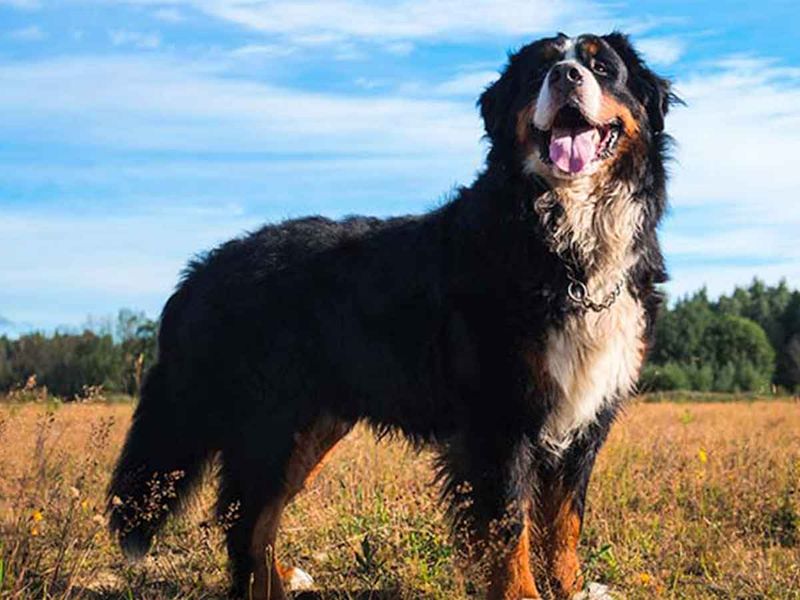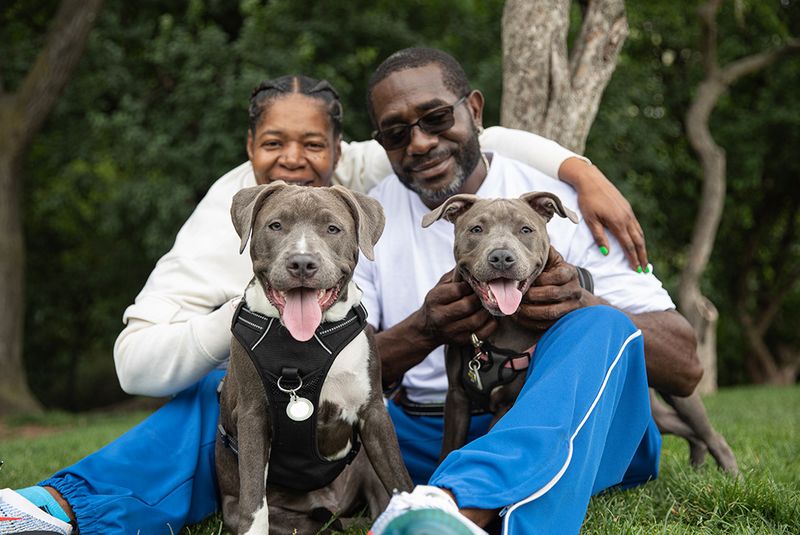Selecting a dog breed that aligns with your lifestyle is a thoughtful journey. Your furry friend’s personality, needs, and temperament play a crucial role in ensuring a harmonious relationship. This guide offers 13 insightful tips to help you choose a breed that will fit seamlessly into your life, rather than just being a pretty face.
Understanding Your Lifestyle
Deciding on a dog breed isn’t just about looks. Think about your daily routine. Are you an avid runner or more of a couch potato? Consider breeds that match your energy level. Active breeds, like Border Collies, need space and time for exercise. A quiet life might suit a Basset Hound. Understanding your lifestyle helps in nurturing a long-lasting bond with your pet. Remember, a happy dog often mirrors a happy owner!
Space Considerations
Space plays a vital role in deciding on a dog breed. Apartment dwellers may lean towards smaller breeds like Dachshunds, who are content with limited space. On the other hand, if you own a house with a yard, breeds like Labradors might be a great fit. Think about whether your living space can accommodate your potential canine companion’s needs. After all, a dog needs room to play, explore, and relax. Choose wisely to ensure their comfort.
Children in the Family
If you have kids, finding a breed that is patient and gentle is paramount. Breeds like Golden Retrievers are known for their friendly disposition. They often become beloved family members, protective yet playful. Alternatively, consider a Beagle, which is also known for its affectionate nature. A dog that fits with children’s energy and playfulness can enhance family life. Always supervise interactions and teach children respect for animals, ensuring a happy household.
Allergy Concerns
Allergies can complicate dog ownership. Luckily, certain breeds like Poodles or Schnauzers are hypoallergenic, meaning they produce fewer allergens. Owning a dog shouldn’t mean compromising health. Investigate breeds known for minimal shedding or dander. Consult with allergists for a test run, interacting with the breed to assess reactions. Living happily with a dog can be allergy-friendly with the right choice, ensuring you breathe easy while enjoying your pet’s companionship.
Time Investment
Dogs demand time and attention. Consider your weekly schedule before choosing a breed. High-energy dogs like Huskies require ample exercise and engagement, while French Bulldogs are more low-maintenance. Reflect on how much time you can realistically dedicate to walks, play, and training. A neglected dog can develop behavioral issues. For a successful relationship, match your available time with a breed’s needs, ensuring both you and your pet thrive together.
Grooming Requirements
Grooming is essential to a dog’s health and happiness. Some breeds, like the Afghan Hound, have extravagant coats requiring regular grooming. Short-haired breeds such as Boxers need less frequent attention. Decide how much time and effort you’re willing to spend on grooming. A well-groomed dog not only looks good but feels good too. Choose a breed whose grooming needs align with your personal grooming preferences and budget, keeping both you and your dog content.
Climate Compatibility
Consider the climate when choosing a breed. Breeds like the Alaskan Malamute thrive in cold weather, while Chihuahuas prefer warmth. Your local climate should align with the breed’s comfort requirements. It’s essential for their health and wellbeing. A dog suffering from extreme temperatures can become stressed or ill. Choosing the right breed for your climate ensures they can enjoy outdoor activities comfortably, leading to a happy pet and owner.
Experience Level
Your experience with dogs influences your choice. First-time owners might prefer a breed known for being easy to train, like a Labrador. They’re forgiving to training mistakes and eager to please. Experienced owners might relish the challenge of a more independent breed, like a Shiba Inu. Match your experience level with a breed’s temperament to avoid frustration. A good fit encourages a harmonious training process and strengthens the bond between you and your dog.
Exercise Needs
Matching a breed’s exercise needs with your lifestyle is crucial. Breeds like the Dalmatian thrive on regular, vigorous activity. Conversely, breeds like the Bulldog enjoy leisurely strolls. Consider your own fitness routine. Do you want a jogging partner or a companion for quiet evenings? Ensure your dog’s exercise needs align with your lifestyle to prevent health issues and behavioral problems. A well-exercised dog is often a well-behaved dog, making life enjoyable for both.
Considering Age and Longevity
Age and lifespan of a breed are factors not to overlook. Smaller breeds often live longer than larger ones. If adopting a senior dog, consider their reduced energy levels and possible health needs. Puppies bring long-term commitment and require training. Reflect on the long-term companionship you desire. Choosing a dog that matches your life stage and future plans ensures a rewarding relationship, filled with love and loyalty that stands the test of time.
Temperament and Personality
Temperament affects how a dog interacts with people and environments. Breeds like the Boxer are playful and exuberant, fitting for active families. Breeds like the Bichon Frise are adaptable and enjoy indoor companionship. Assess your own personality and what you seek in a pet. Matching a dog’s temperament with your own lifestyle leads to a satisfying relationship. A dog’s character should complement yours, creating a joyful and seamless coexistence.
Breed-Specific Health Issues
Different breeds have specific health concerns. Research these before deciding. Breeds like Bulldogs may have respiratory issues, while Dachshunds face back problems. Awareness helps in preparing for potential medical needs. Consult with veterinarians about health screenings and preventive measures. Acknowledging these challenges enables you to provide proper care and a loving home. Your dog’s health is paramount to a happy, active life, so choose a breed whose health needs you can accommodate.
Adoption and Rescue Options
Consider adopting from a shelter or rescue. Mixed breeds often have fewer genetic issues and exhibit unique personalities. Rescuing a dog is a compassionate choice, giving them a second chance at a happy life. Evaluate the dog’s background and needs, ensuring they align with your lifestyle. Adoption provides a fulfilling opportunity to make a difference. The bond formed with a rescue dog is often profound, reflecting the gratitude and love they have to offer.













